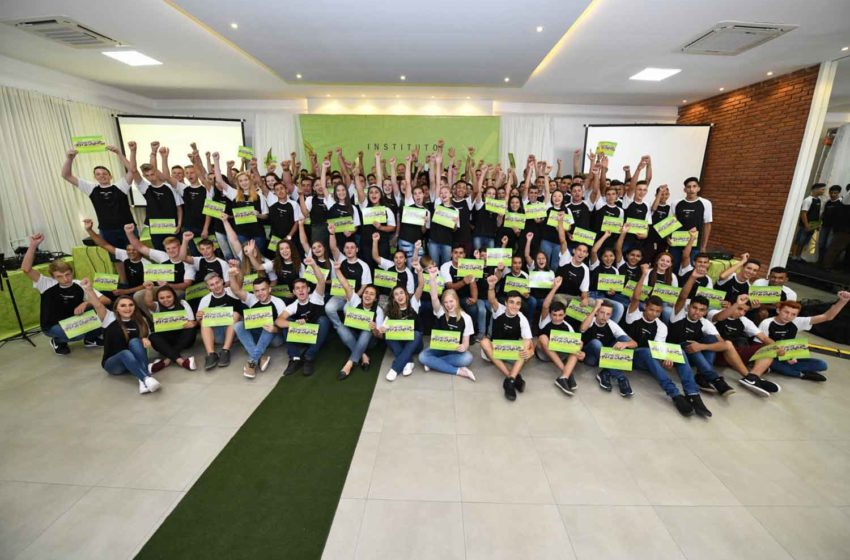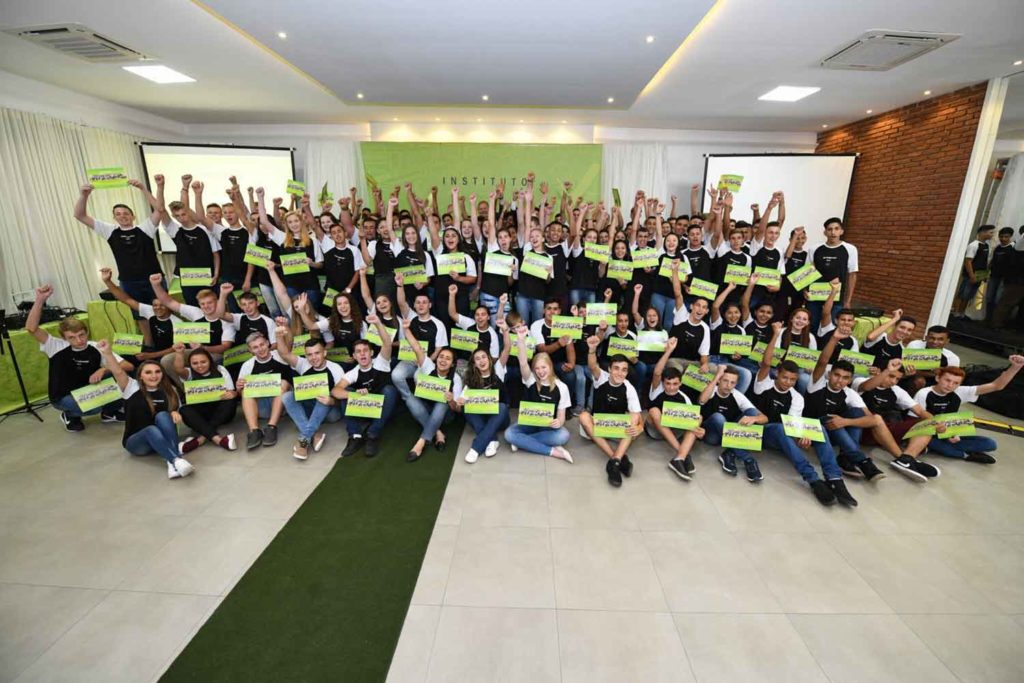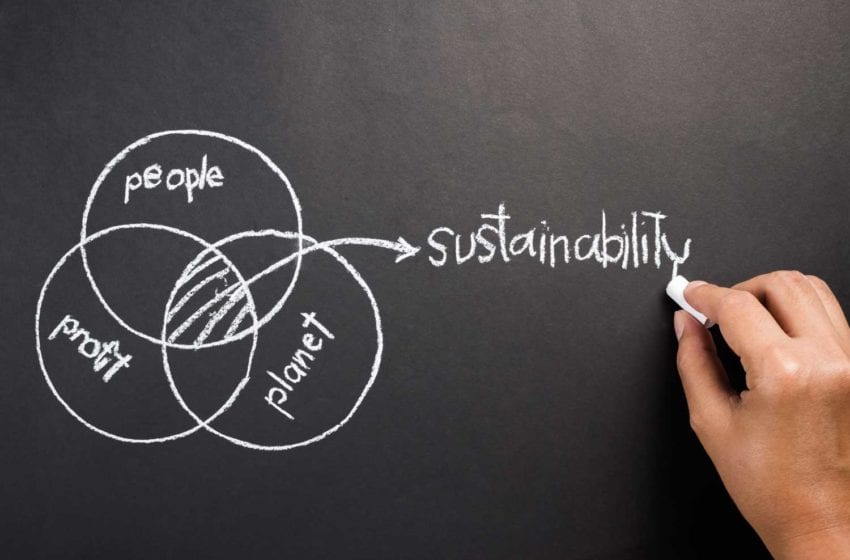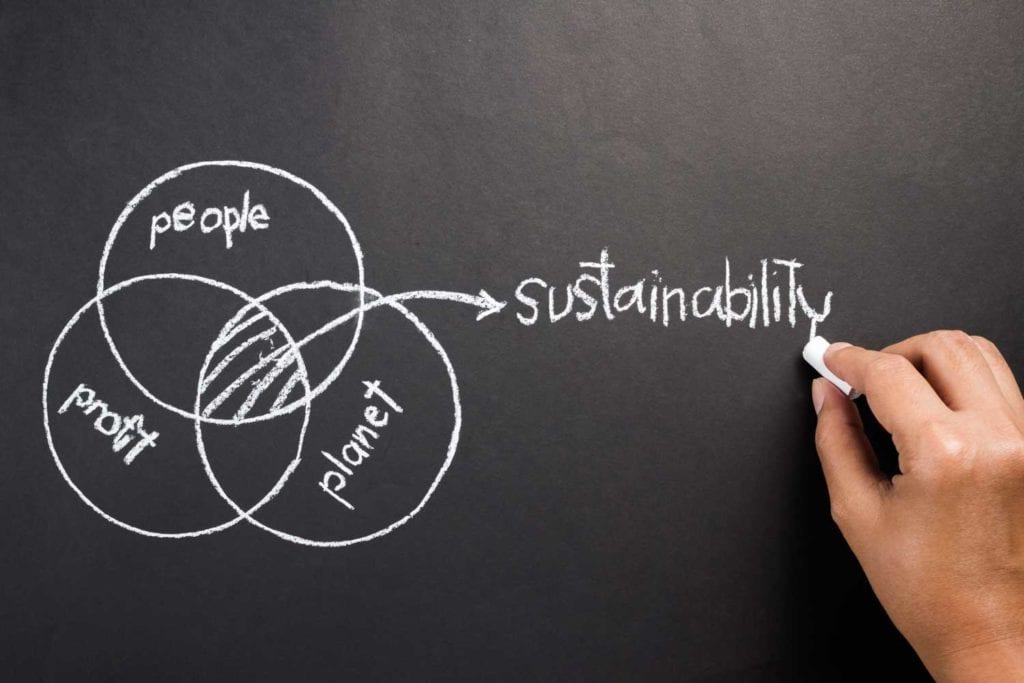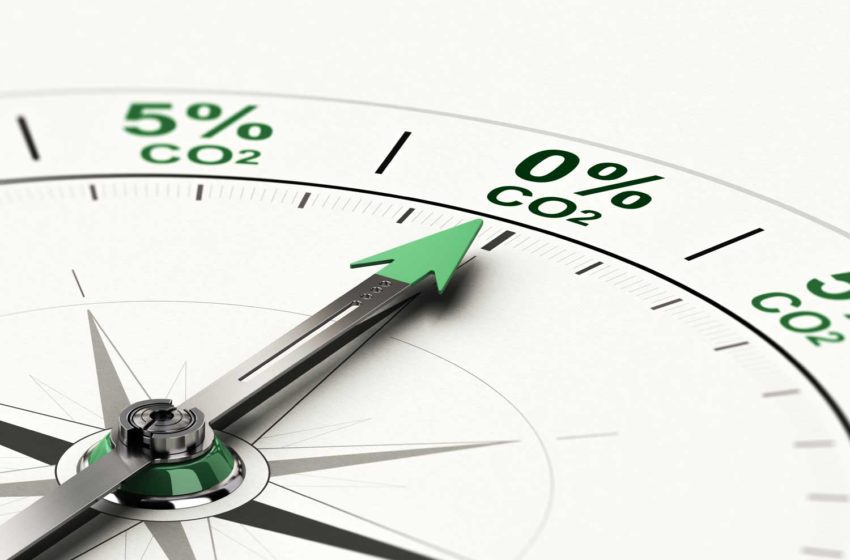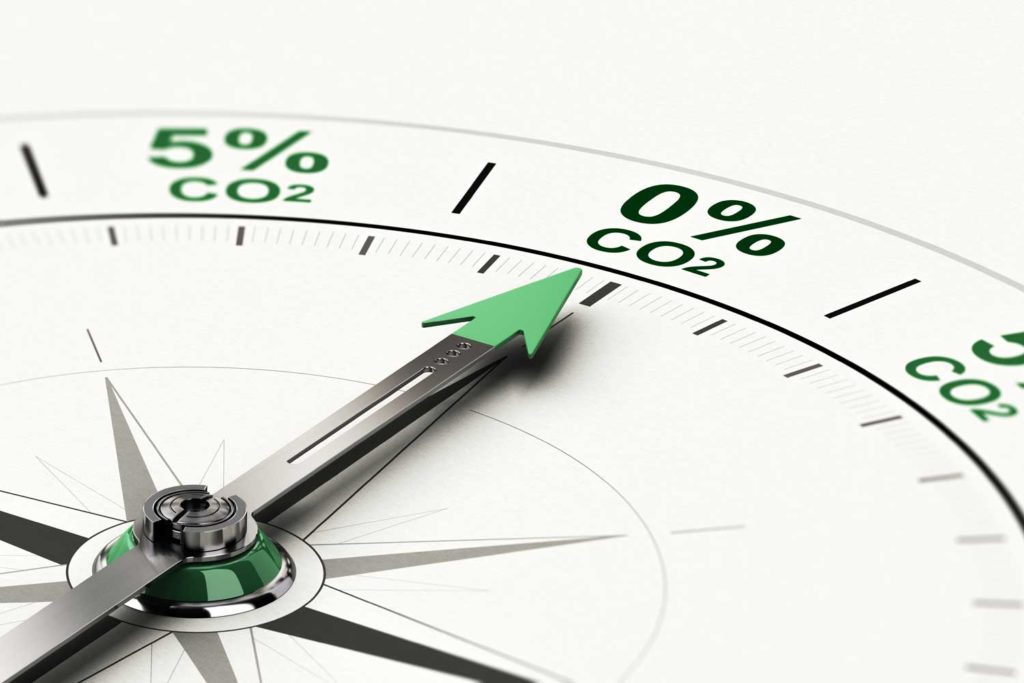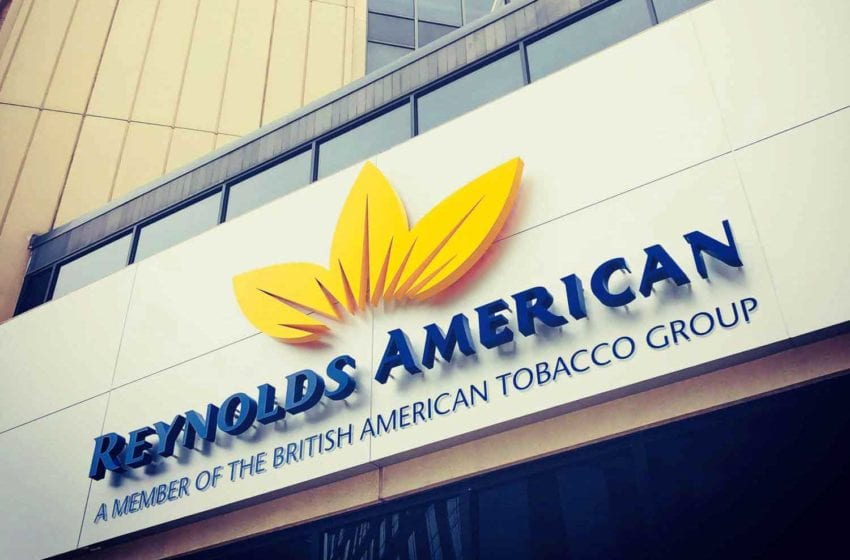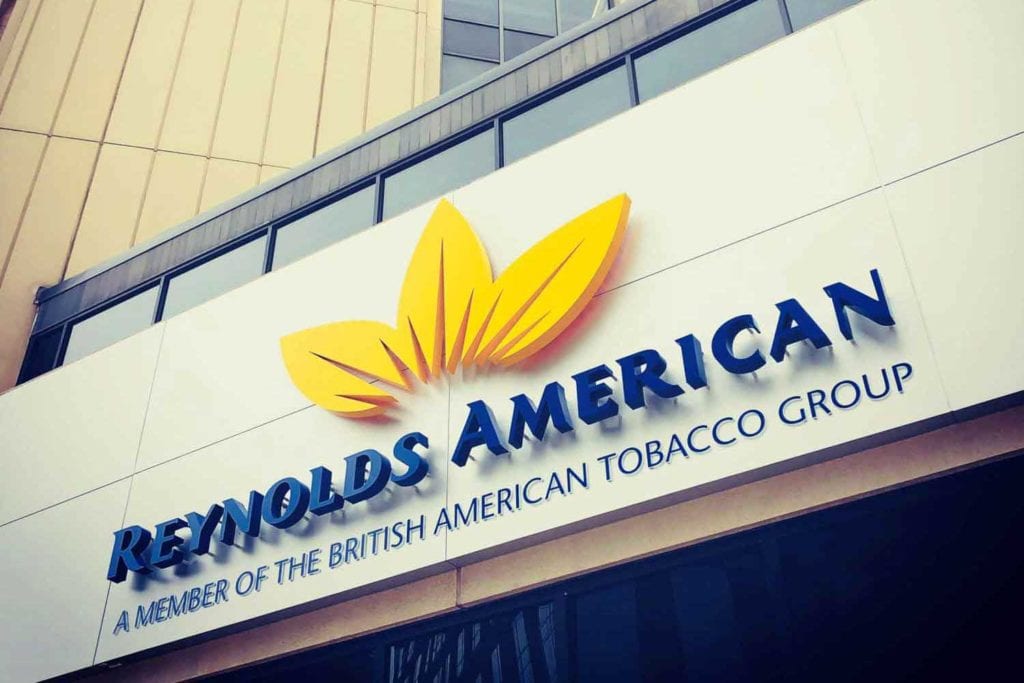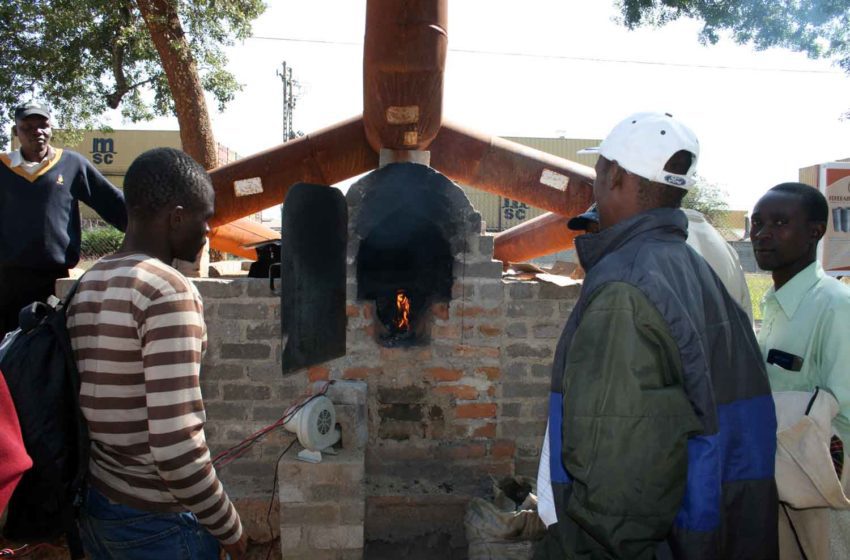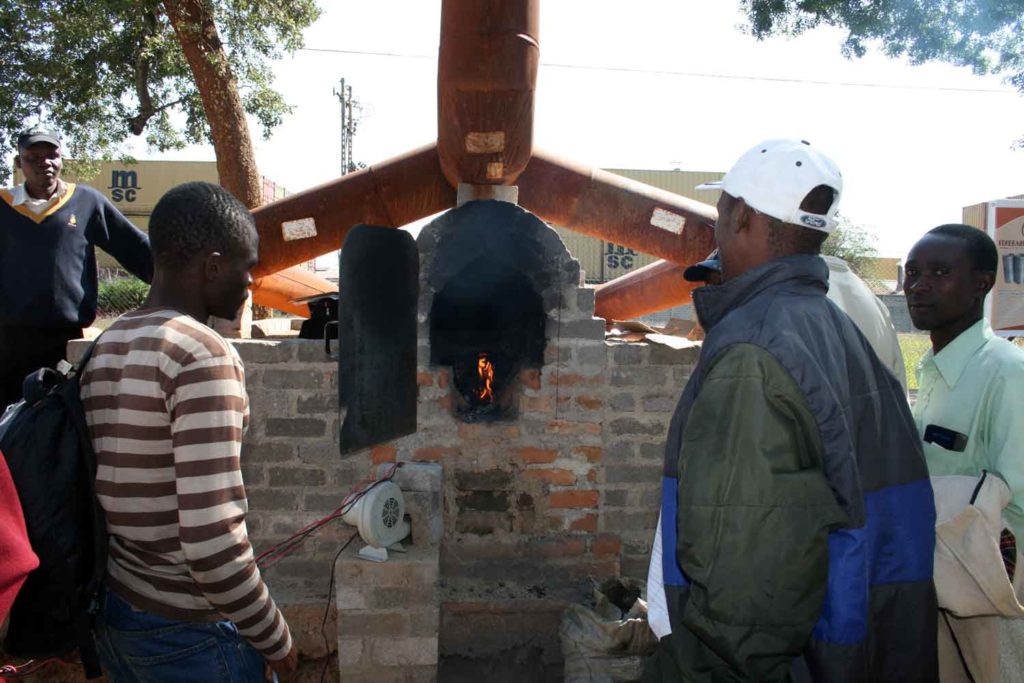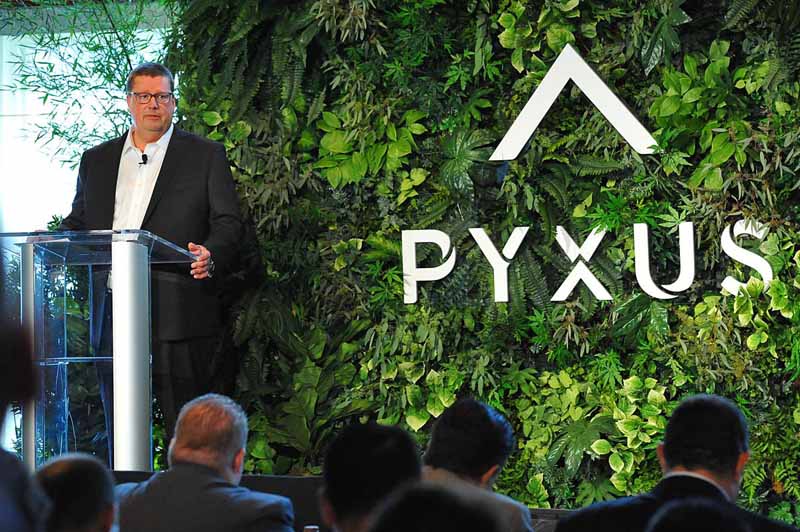
Pyxus International has announced the framework of its environmental, social and governance (ESG) strategy, which builds off of the company’s legacy of sustainable agricultural production. With a focus on advancing progress on key global issues, such as climate change, farmer prosperity and human rights, the company is working across its operations and supply chain to enhance the sustainability of the business and deliver value to its stakeholders.
Pyxus’ ESG strategy includes three key pillars: Implementing solutions that further improve the company’s environmental performance while reducing its environmental footprint (environment); supporting its employees, contracted farmers and communities while protecting human rights and providing an equal opportunity for success to all (social); and operating responsibly and ethically in every action its takes (governance).
“Pyxus’ ESG strategy provides the connection between our purpose and our business priorities,” said Pieter Sikkel, president and CEO of Pyxus, in a statement. “As our company continues on its journey, the implementation of this strategy is expected to strengthen our business as well as help to recruit and retain top talent. This is an important milestone for Pyxus, and we are excited about the impact this strategy will have on our business, our supply chain and the world.”

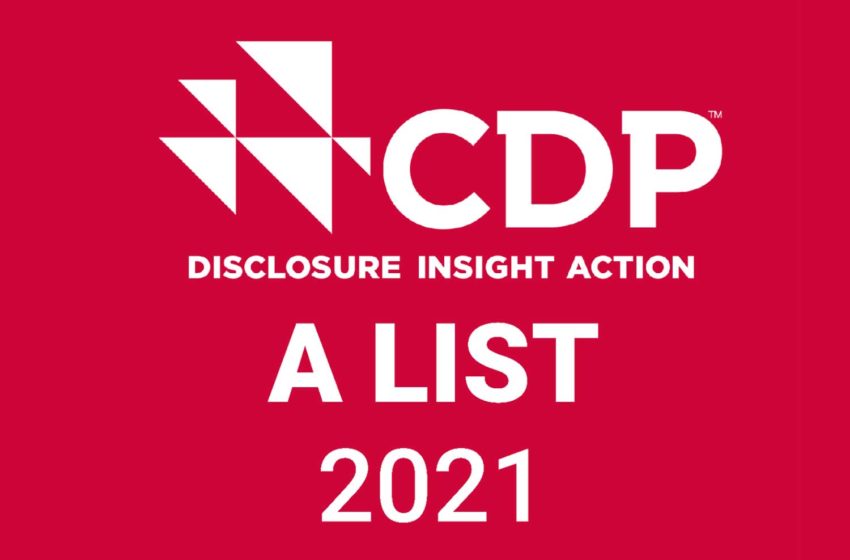
 CDP has recognized Philip Morris International, Japan Tobacco, Imperial Brands and Altria Group for their environmental leadership.
CDP has recognized Philip Morris International, Japan Tobacco, Imperial Brands and Altria Group for their environmental leadership.